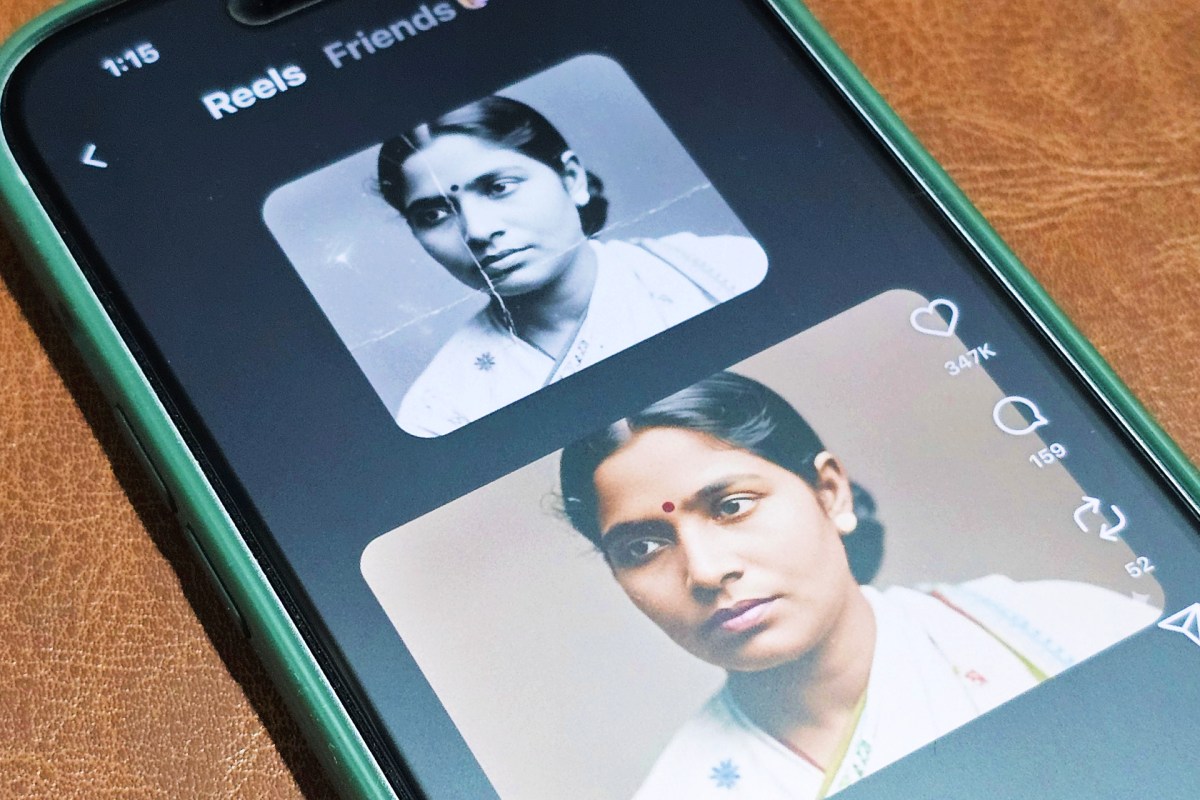India Powers Surge in Google’s Nano Banana AI Image Model

Key Points
- India leads global usage of Google’s Nano Banana (Gemini 2.5 Flash Image) model.
- Indian users create retro Bollywood looks, AI‑saree portraits, landmark selfies, and miniature figurines.
- Gemini app topped the free‑app charts on both the iOS App Store and Google Play in India.
- Monthly downloads in India averaged 1.9 million, 55 % higher than in the United States.
- In‑app spending from India remains modest, contributing $95 000 of global iOS revenue.
- Google adds a visible watermark and hidden SynthID marker to all Nano Banana images.
- A detection platform is being tested, with plans for a consumer‑facing AI‑generated image checker.
Google’s Nano Banana image‑generation model, officially known as Gemini 2.5 Flash Image, has become the top driver of the Gemini app’s popularity in India. Indian users are employing the AI to create retro Bollywood looks, AI‑saree portraits, city‑scape selfies, miniature figurines and short videos from old family photos. The surge has propelled the Gemini app to the top of both the iOS App Store and Google Play charts in the country, with monthly downloads far outpacing those in the United States. While the model’s adoption is boosting downloads, in‑app spending remains modest, and Google is rolling out watermarks and a hidden SynthID marker to address privacy and misuse concerns.
Rapid Adoption in India
Google’s Nano Banana image‑generation model, officially called Gemini 2.5 Flash Image, has driven a wave of activity for the Gemini app since its launch. India has emerged as the leading market for Nano Banana usage, according to David Sharon, multimodal generation lead for Gemini Apps at Google DeepMind. The model’s popularity helped push the Gemini app to the top of the free‑app charts on both the App Store and Google Play in India, and it also climbed to the top of global app‑store charts.
Between January and August, the app logged an average of 1.9 million monthly downloads in India—about 55 % higher than in the United States—and accounted for 16.6 % of global monthly downloads, according to Appfigures data. Daily downloads surged after the Nano Banana update on September 1, with 55 000 installs across both stores that day and a peak of 414 000 installs on September 13, a 667 % increase. Since September 10 the app has held the overall top spot on the iOS App Store, and since September 12 it has led Google Play across all categories.
Creative Local Trends
Indian users are putting the model to uniquely local uses. A prominent trend involves recreating retro looks inspired by 1990s Bollywood, complete with period‑specific fashion, hairstyles and makeup. A variation called the “AI saree” sees users generating vintage‑style portraits of themselves wearing traditional Indian attire. Users also generate selfies in front of iconic landmarks such as Big Ben and retro U.K. telephone booths.
Other popular experiments include transforming objects, creating time‑travel effects, reimagining themselves as miniature figurines placed in front of computer screens, and producing black‑and‑white portraits or visualizations of encounters with their younger selves. Additionally, users are employing Google’s Veo 3 video‑generation model on the Gemini app to create short videos from old photos of grandparents and great‑grandparents.
Download and Revenue Impact
Despite India’s leading position in downloads, the country does not dominate in‑app purchases on the Gemini app. Global consumer spending on iOS has been estimated at $6.4 million since launch, with the United States accounting for the largest share at $2.3 million (35 %). India contributed $95 000 (1.5 %). Nevertheless, India posted an 18 % month‑over‑month growth in spending, reaching $13 000 between September 1 and 16, outpacing the global increase of 11 % and the U.S. growth of under 1 %.
Privacy Measures and Detection
Google acknowledges concerns about users uploading personal photos to the Gemini app for transformation. To address potential misuse, the company places a visible diamond‑shaped watermark on images generated by Nano Banana and embeds a hidden marker using its SynthID tool, which can identify AI‑generated content. Google is testing a detection platform with trusted testers, researchers and other experts, and plans to launch a consumer‑facing version that will allow anyone to check whether an image was created using its models.
Sharon emphasized that the company “does its best to fulfill the query” without assuming user intent, and highlighted ongoing efforts to improve safety based on feedback from users, press, academia and experts.